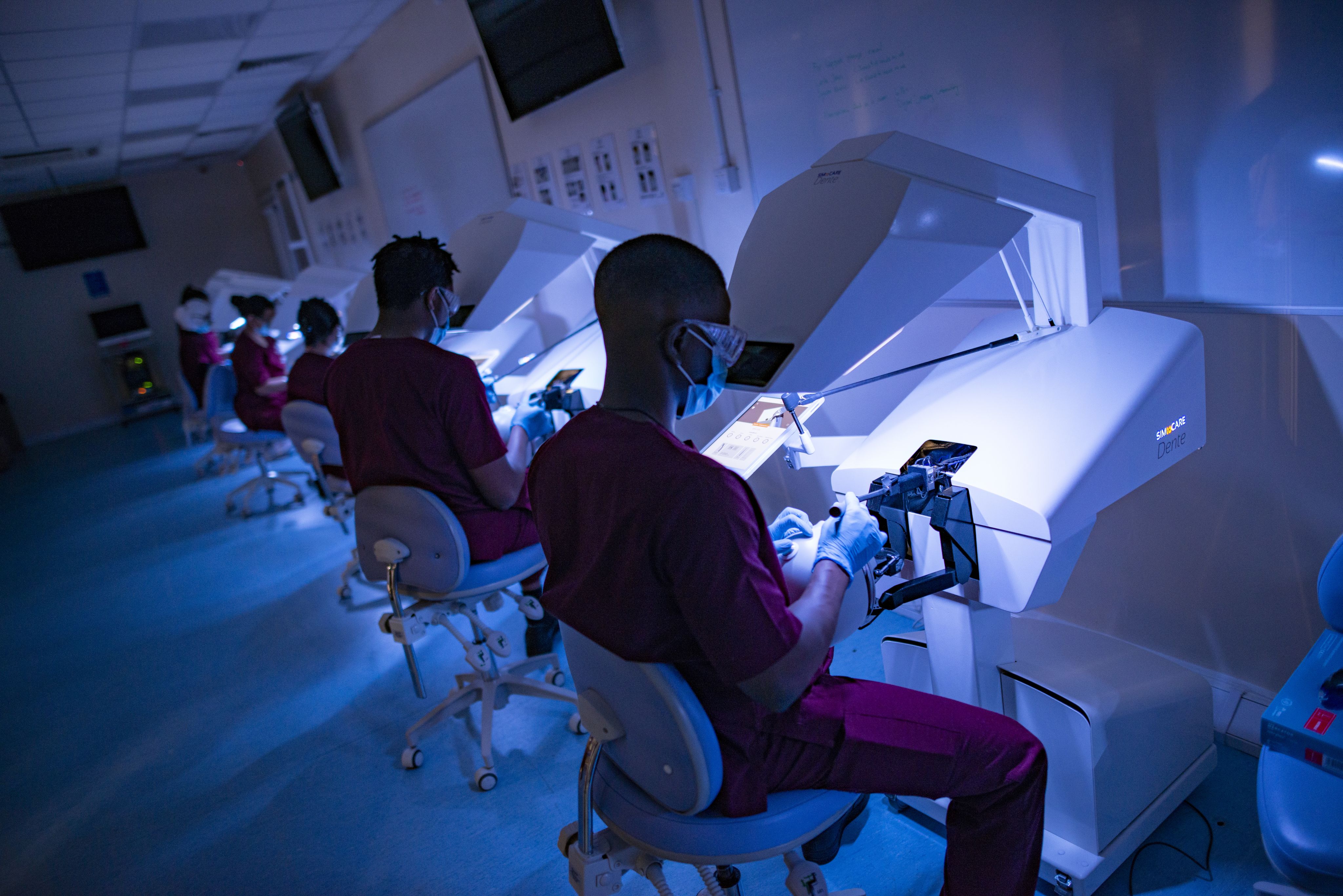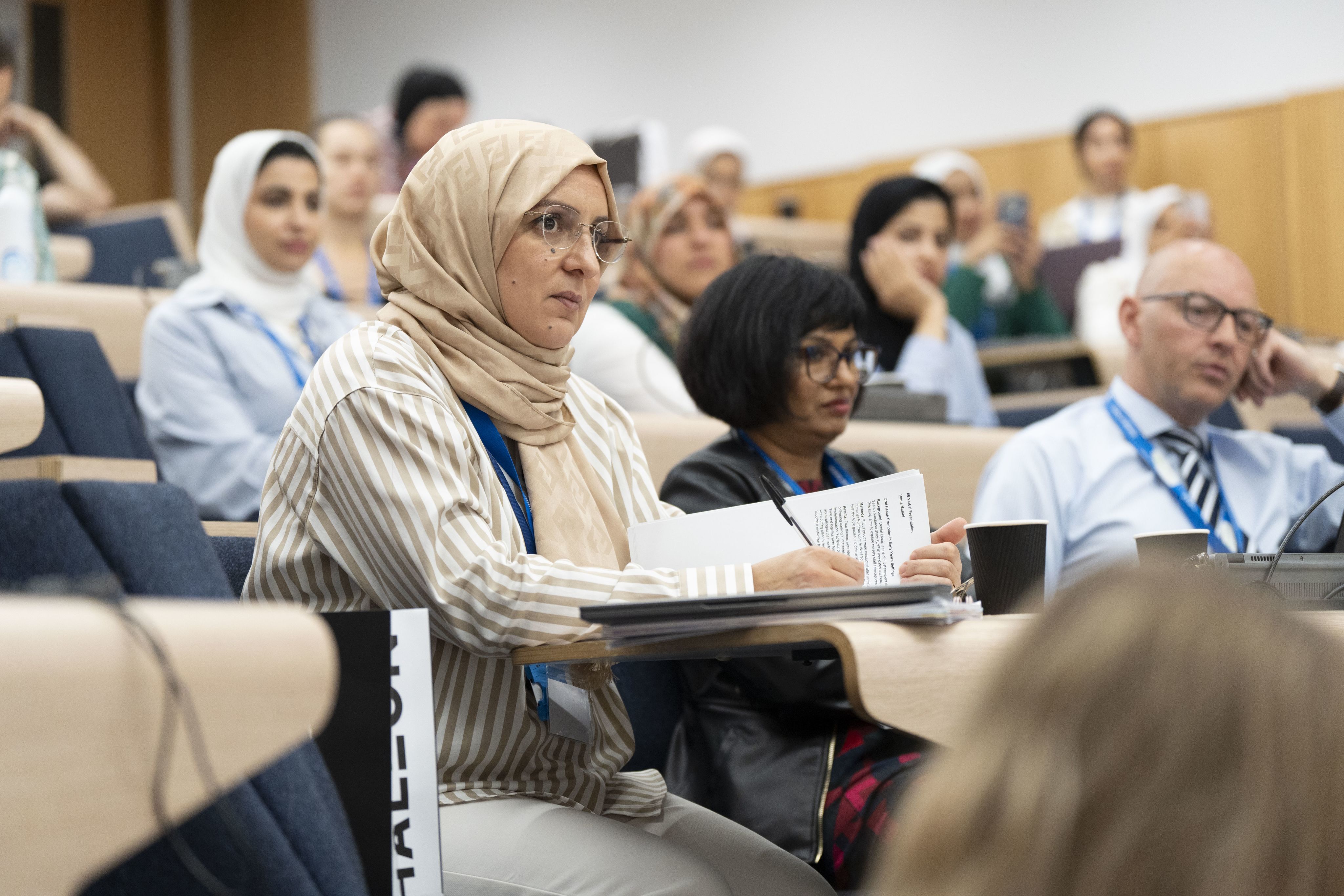Research and Innovation
School of Dentistry

Within the School of Dentistry here at the University of Leeds, we share a vision to inspire oral healthcare professionals and scientists to innovate and transform global health and quality of life via world-leading clinical, educational and research excellence.
High standards of research are key to the identity of the School for two main reasons. Firstly, new knowledge gained through high quality research drives advances in oral healthcare across the globe. Secondly, a strong research identity is critical to our research-informed approach to our taught undergraduate and postgraduate programmes. Our teaching reflects the advances made through research.
Impact – how we make a difference – is a key driver for our research and education choices. The ‘Research Cases’ provide examples of some of our research and provide insight into the breadth of our approaches and what drives our choices. Research in the School meets markers of esteem and informs healthcare policy, healthcare service design, and advances in patient care. This is only possible through co-production and partnership collaboration with patients and the public, other academic disciplines and organisations, healthcare providers and commerce.
Placing a focus on development of our research culture gives student and staff the working environments they need to conduct their research in our high-quality estate. All need a positive environment in which they can flourish, develop and meet their potential.
We always welcome enquiries from prospective future students, staff, collaborator or partners. Please do take time to explore this brochure and to get in touch.
Professor Alan J Mighell
Dean of the School of Dentistry
Research at the School of Dentistry
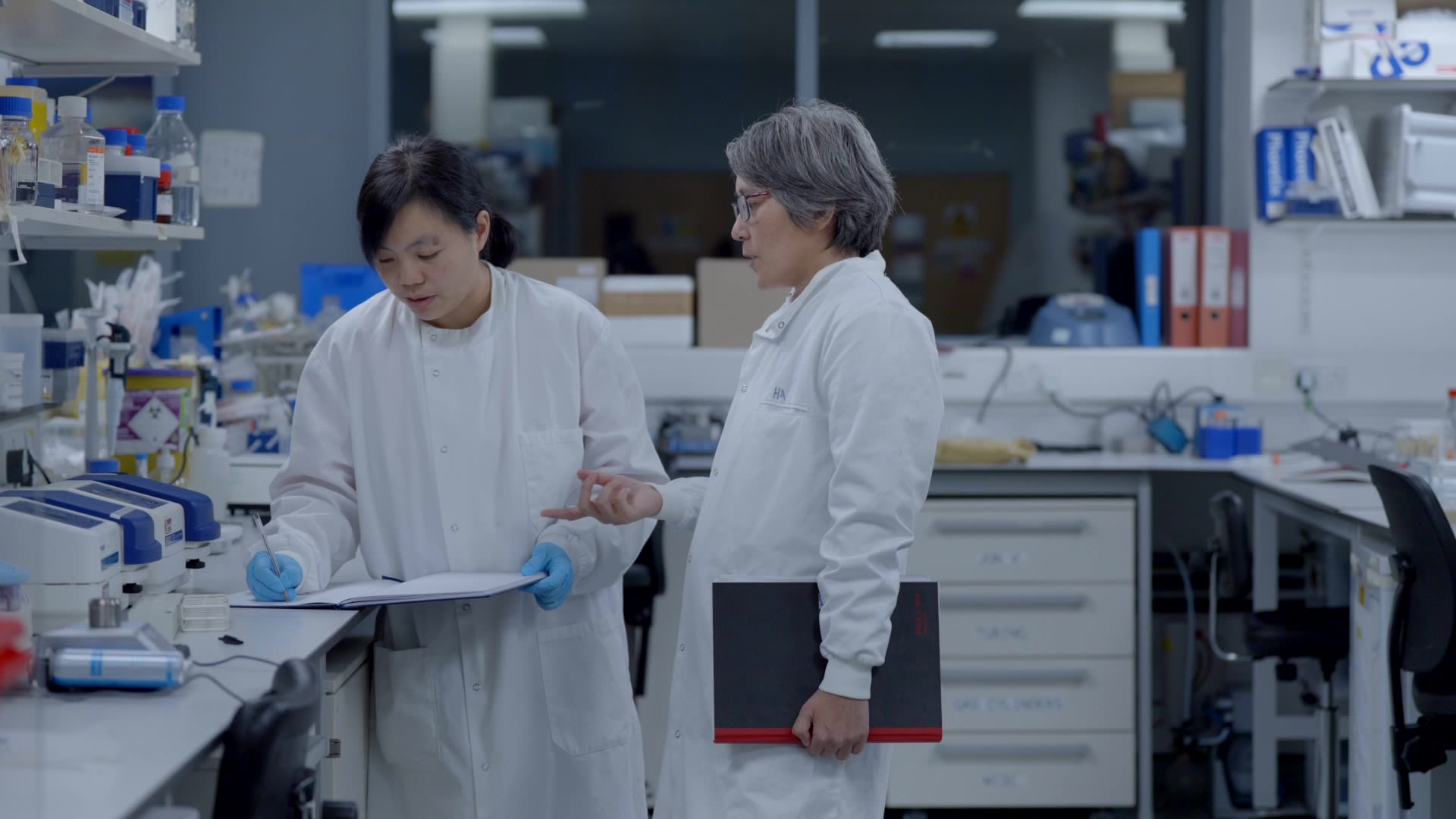
Our holistic approach to world-class research and innovation is central to our ability to offer a seamless continuum from the laboratory to the clinic and to our aim of providing an exceptional experience for our postgraduates. We have outstanding strengths in the basic oral sciences, clinical specialities, dental public health and health services research, as well as a sustained track record of clinical translation.
We offer access to an interdisciplinary team of clinical and basic science researchers with international reputations in their respective fields, all underpinned and supported by state-of-the-art facilities.
We work in close partnership with the Leeds Teaching Hospitals NHS Trust. Its dental hospital, the Leeds Dental Institute, enables our students to deliver patient treatment as an integrated part of their undergraduate and postgraduate training. This allows our researchers close working relationships and day-to-day interaction with the Institute’s clinicians and wider network.
Our track record of innovation continues to build and we now have two university spin out companies taking our research findings into practice.
Working together with our partners and students, we have never been better placed to address clinical innovation challenges and deliver our vision through underpinning excellence in clinical research in synergy with outstanding basic science.
Professor Gail Douglas
Director of Research & Innovation, School of Dentistry
Postgraduate degrees
The University of Leeds is committed to providing a setting in which our postgraduate students can acquire research skills and knowledge; develop a wide range of attributes; prepare for academic or industrial careers and also realise personal and professional ambitions. Student support and personal and professional developments are key developments in our postgraduate programmes.
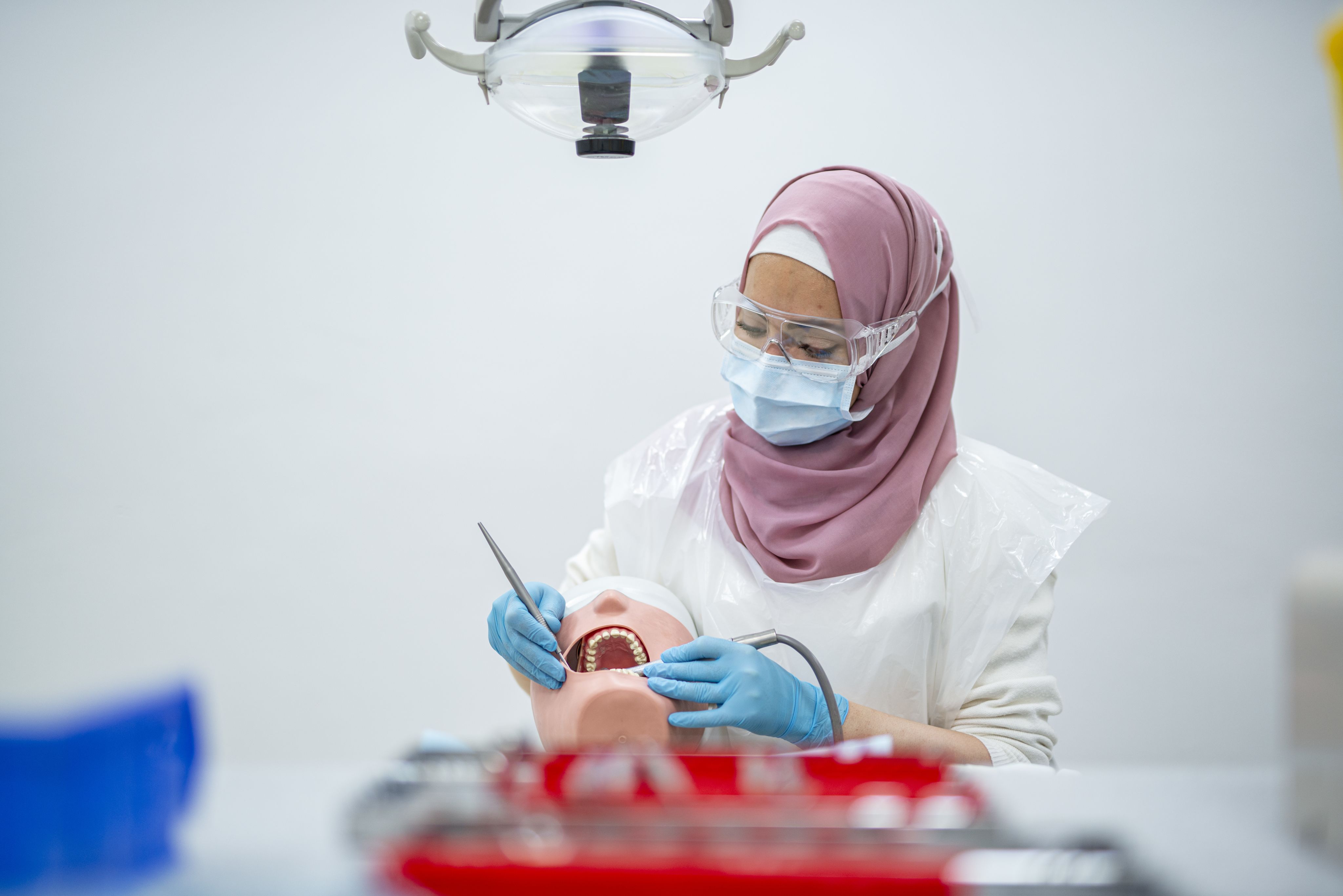
Research programmes
The School covers a wide range of clinical and basic science disciplines with seamless multidisciplinary integration. We offer research degrees at PhD, MPhil and MSc levels. Postgraduates have the choice of studying for their PhD by following the classic route of research alone or alternatively, there is the innovative Professional Doctorate programme in paediatric dentistry – a research degree with taught components. This programme is most suitable for clinicians as it offers advanced clinical training and education combined with high-level research activity.
For more information on postgraduate research degrees, email Professor Thuy Do, Director of Postgraduate Research Studies: N.T.Do@leeds.ac.uk
For general information about research degrees, visit:
Professor Richard Balmer discusses the Professional Doctorate in Paediatric Dentistry - a research degree with taught components.
Postgraduate Taught programmes
Our Postgraduate Taught Programmes include elements of research and can be a good way to engage with upskilling in research.
These are taught by world-leading staff who can offer new insight into your subject and help perfect the specialist skills that you’ll need as you progress in your career.
Some of our PGT graduates go on to register for a research degree to build on the research foundations achieved during their Masters degrees.
For more information on postgraduate taught degrees, email School of Dentistry Admissions: denadmissions@leeds.ac.uk
Read more about School of Dentistry Masters Programmes
We offer MSc Taught programmes in the following areas:
Research case studies
These research case studies provide examples of some of the research undertaken in the School of Dentistry. Further examples of our approach can be found by exploring the Dental Translational and Clinical Research Unit (DenTCRU) pages that highlight important working relationships with the NHS and industry.
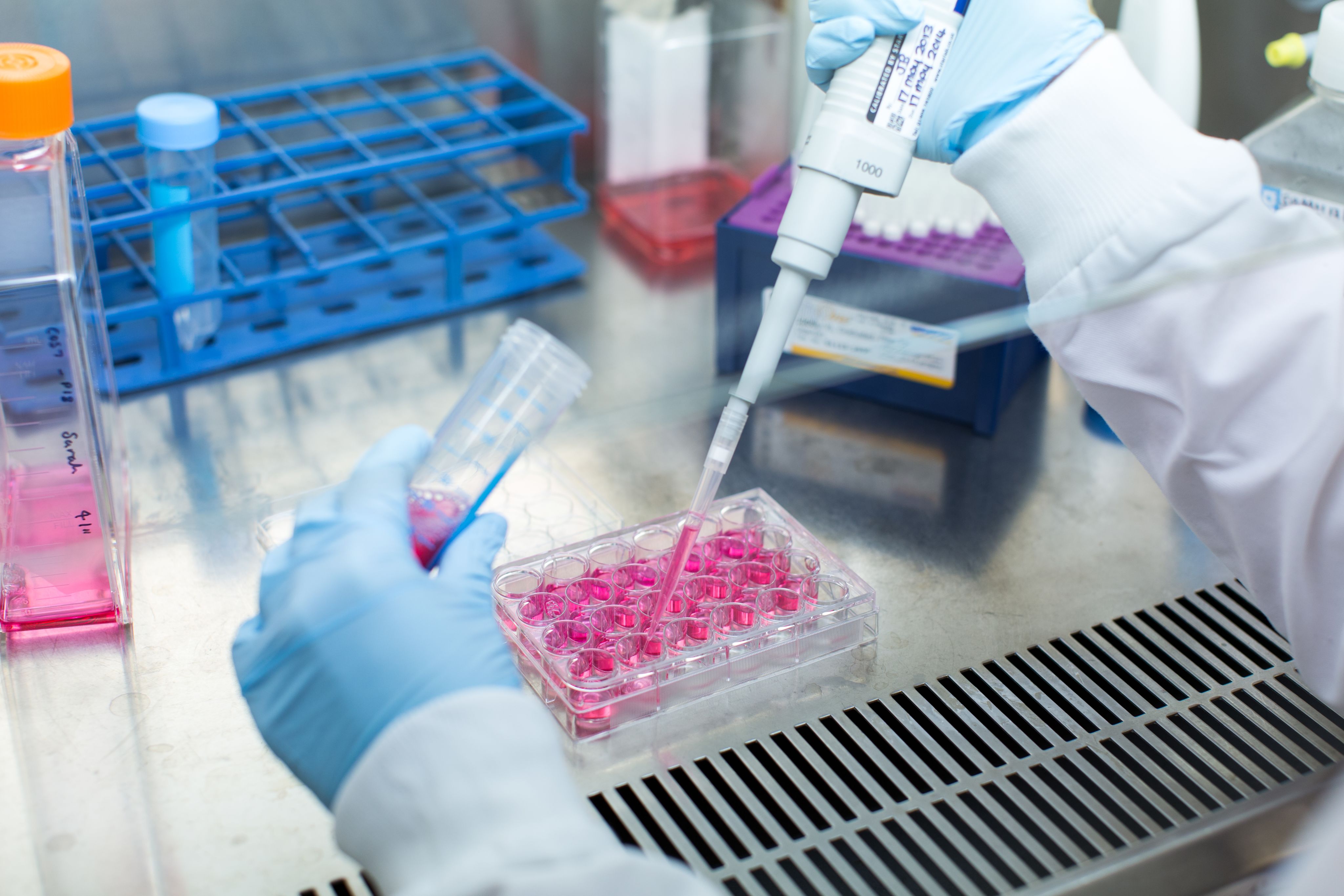
Children's oral health - A whole systems approach
Background
Our research focuses on improving children’s oral health through different approaches to make a positive difference to the health of individuals as well as populations.
Impact and benefits
Selected examples of where we make a positive difference include:
- The Child of the North Reports – a series of reports that focus on the key determinants of children’s health and well-being, including the importance of oral health.
- Research studies with a focus on collaborative working and translational impact include:
Empowering parents with young autistic children
Background
Our research focuses on empowering parents and carers to look their autistic child's teeth. Progress has been underpinned by co-production with those with direct experience of autism.
Impact and benefits
With key stakeholders from diverse backgrounds, we co-developed a support package to address the challenges of maintaining good oral health for autistic children.
Childhood cancer - better care for oral mucositis
Background
Oral mucositis is a common side effect of cancer treatment in children. A painful mouth impacts on activities of day-to-day living, including speaking, drinking and eating, and can lead to complications that lengthen hospital care. Photobiomodulation treatment can reduce the oral mucositis.
Impact and benefits
Children, their families and healthcare professionals are at the heart of our research, which uses implementation science approaches to improve use of this treatment. Different approaches are being assessed to identify the best ways to make this valuable treatment more readily available and used effectively.
Advancing the genetics of enamel developmental abnormalities (AGEnDA)
Background
The advancing the genetics of enamel developmental abnormalities (AGEnDA) project brings together researchers and clinicians from the University of Leeds and the National Health Service (NHS) to collaboratively work with others around the world.
This partnership aims to improve insight into the basis of developmental enamel abnormalities to advance understanding of biomineralisation and inform translation to advance clinical care.
Impact and benefits
This approach has delivered novel insights into gene function critical to enamel biomineralisation and in selected families, associated other health problems. These discoveries translate immediately with global relevance to the care of those affected.
We have published our findings with collaborators from over 20 countries. The group helped establish and promote NHS AI genetic panel testing in the United Kingdom. This creates the platform needed for NHS service reorganisation that will be achieved by development of clear patient pathways, better informed management choices and improved public-patient engagement and understanding.
The approach aligns strongly with the strengths of the School in Paediatric Dentistry, Biological Physics & Biomineralisation, Dental Materials and Digital Dentistry.
Innovation in digital dentistry
Background
Digital workflows in dentistry are likely to have a profound effect on the profession in terms of the way dentists diagnose disease, restore function & appearance and communicate with patients and other dental professionals.
Currently, digital dentistry solutions provide limited information to the dentist about a patient’s teeth and mouth. Existing digital technology is often prohibitively expensive, cumbersome to use and difficult to adapt into a dentist’s conventional workflow. The lack of quality of some scan data produced by current commercial scanners prevents key steps in traditional dentistry from being replaced by digital alternatives.
Through Mimetrik, a University of Leeds spinout company we are bringing new products to the world of clinical dentistry.
Impact and benefits
Overcoming the problems of poor resolution and cumbersome digital workflows will make digital solutions more streamlined and accessible. High-quality data will allow the dentist to make informed clinical decisions; predict and prevent future complications; and reduce chair time.
This in turn will benefit the patient, as they will have fewer unforeseen complications and a greater confidence in their dentist.
Dental materials research
Background
Following the introduction of the Minimata convention and the calls for a phase-down in the use of mercury-containing products, composite materials were suggested as the most suitable alternative to amalgam.
However, the average life span of composite restorations remains just under 10 years, after which clinical intervention may be required with recurrent caries and restoration fracture remaining as the primary reasons for failure.
Research at Leeds aimed to improve the properties of current resin composites by the development of novel resin composite materials addressing the main reasons for failures of current dental composites.
Impact and benefits
Dental resin composite materials containing anisotropic FA bundles and rods were successfully developed which were shown to have improved strength, as well as the potential to resist and reverse caries formation through the short and long-term release of fluoride under acidic conditions. This shows a promising step towards a potential 'smart' fluoride-releasing dental composite.
Effect of self-assembling peptide (SAP) technology
Background
Multi-disciplinary research at Leeds has led to a step change for the treatment of early tooth decay, using a minimally invasive regenerative therapy and eliminating the need for surgical excavation.
In 2010, Credentis ag, was founded to commercialise the University of Leeds’ intellectual property in the field of self-assembling peptides (SAPs) for use in dentistry. Successful ‘first in man’ trials were carried out in the School’s Dental Translational and Clinical Research Unit, and a CE mark was awarded in 2012, approving the clinical use of the first commercial product ‘Curodont Repair’™ in the treatment of early caries.
Impact and benefits
The School of Dentistry has demonstrated the ability of P11-4 to promote bone regeneration and repair in a critical defect model in vivo. Work to determine the effect of the application of P11-4 on periodontal repair has shown unequivocally that P11-4 promotes periodontal healing and repair.
A grant was awarded by the University of Leeds’ Medical Technologies Innovation and Knowledge Centre (funded by EPSRC and BBSRC) to the School of Dentistry, to provide proof of concept data demonstrating that SAPs can be used as drug delivery vehicles for the control of periodontal pathogens.
An international collaboration between Leeds and the University of Campinas Brazil has also demonstrated the viability of P11-4 as a treatment for demineralised dentine and potential application for increasing bond strength in etch and rinse adhesive systems.
The research programme illustrates how a multi-disciplinary team of clinicians, chemists and life scientists were able to draw upon the physicochemical principles of peptide assembly behaviour and mineral nucleation ability to design biomimetic materials to recapitulate skeletal tissue development and so effect regeneration and repair across a range of oral healthcare challenges.
Credentis AG was acquired by Swiss dental company vVardis and is now a research and development arm of that parent company. Curalox technology is becoming established as a global brand, bringing benefits to patients and clinicians across the world.
The aerosol-generating procedures study
Background
Our collaborative research harnessed the multidisciplinary expertise of microbiology, engineering, and clinical dentistry to provide practical, evidence-based solutions to a major problem faced by dentistry during the Covid-19 pandemic. We aimed to develop an innovative viral surrogate model to advance the understanding of mitigating risks associated with viral aerosolization during common dental procedures.
Impact and benefits
This collaborative research from the University of Leeds brings a step-change in understanding the risks of spreading the SARS-CoV-2 virus in aerosols generated from dental drills. Two peer-reviewed publications achieving attention scores in the top 0.25% of all publications, led to private discussions with the Chief Dental Officer, where our work was deemed “a substantial step forward” for the field.
Ultimately, the research informed an updated rapid review of aerosol-generating procedures commissioned by the NIHR and Infection Prevention and Control, NHS, as well as the Dental Schools Council and the Association of Dental Hospitals' guiding principles on the use of electric handpieces.
The School of Dentistry is now using electric drills without air coolant, as indicated as safe mitigation by our research, providing students with more clinical practice time and patients with reduced wait times. Practices and dental schools across the country can now utilise these tools to confidently move forward with procedures, allaying any patient and clinician concerns at the same time.
The research field is changing, with more groups looking to implement our novel viral marker methodology as opposed to inanimate particle measurements, providing a far more reflective picture of viral aerosol production, whilst remaining entirely safe from any handling of dangerous viruses. This has “become a gold standard for research into dental infection control” and strengthens the quality of research worldwide, helping towards efforts to future-proof dentistry in the face of future pandemics.
Tissue repair and regeneration - a new approach to an increasing global challenge
Background
The Schools of Dentistry and Design at the University of Leeds have a long-standing academic collaboration between materials scientists and textile engineers, with a common interest in the repair and regeneration of both hard and soft tissues. We aim to apply the knowledge gained by working together in the development of therapies to benefit patients.
Impact and benefits
Importantly, we have a focus on translating this underpinning knowledge into products for clinical use, including through HyFACol a University spin-out company.
Funding has been obtained along the whole translational pipeline to carry out discovery research to develop the technology platform, to take novel materials through to pre-clinical testing to regulatory approval / first-in-patient trial. Partners at material supply, manufacture and end-users have been engaged.
Equally importantly, this collaboration has facilitated the training of many PhD students and Postdoctoral Research Assistants in a multidisciplinary way of working.
The Rheumatoid Arthritis – Periodontitis project
Background
The long-standing collaborative project between the Leeds NIHR Musculoskeletal Biomedical Research Unit, the Division of Oral Biology’s Microbiology & Cell Biology research group, and the Division of Restorative Dentistry aims to examine the mechanistic link between periodontitis and rheumatoid arthritis (RA).
This collaboration has placed us in a highly distinguished, competitive, and world-leading position among the scientific community on microbiome profiling in studies investigating oral-systemic links, particularly in RA.
Impact and Benefits
Our findings have important implications for the prevention and treatment of RA. By targeting the oral microbiome, we may be able to reduce the risk of developing RA or prevent the disease from progressing. This research is expected to follow an upward trajectory in terms of translational impact and value, in line with our School and University’s research strategy.
Improving outcomes for chronic orofacial pain including temporomandibular disorders – The TMD study
Background
We have shown that self-management interventions using a biopsychosocial approach are effective in reducing long-term pain intensity and depression in patients with chronic pain that affects the mouth, jaws and face.
Current treatments like mouth guards, pharmacotherapy and / or surgical tooth removal are not supported by Cochrane systematic reviews. These biomedical approaches are directed towards finding and treating an organic pathology for symptoms.
This imposes a huge burden on patients and already stretched healthcare resources. Patients frequently attend multiple specialities in medical and dental settings, where they undergo numerous ineffective and invasive tests and treatments that increase costs to healthcare services.
Impact and benefits
Biopsychosocial interventions, if applied early, have the potential to educate and empower patients and provide techniques to break vicious cycles that exacerbate symptoms. This prevents chronicity and its associated impact on quality of life. Our current research is therefore evaluating:
- The extent to which early management with our intervention can improve outcomes for patients with TMD.
- The potential to re-configure current clinical pathways for optimal referral, triage and management of TMD so that patients who are amenable to self-management are easily managed in primary care with more complex cases being appropriately referred to secondary care services. This will prevent costly, invasive and ineffective treatment of patients with TMD who can readily be managed in primary care using our self-management intervention.
Understanding the oral health needs of those experiencing homelessness
Background
This work is part of a suite of research addressing oral health inequalities among vulnerable populations in community settings, including the elderly, disadvantaged children and those experiencing homelessness. The impacts of homelessness on health are stark. Life expectancy is 30 years lower compared to the general population, and people experiencing homelessness have the largest unmet oral health needs.
Impact and benefits
This project is helping people experiencing homelessness to overcome barriers that prevent their uptake of primary/preventive oral health services to improve their general and mental health, societal standing, self-esteem, confidence, and employment opportunities.
The work is a genuine partnership between the University, local stakeholders within the community and the health services. This network was recognised with the University’s research impact and engagement award for emerging impact in 2024. The research to date has informed UK guidance by the National Institute for Health and Care Excellence (NICE) on ‘Integrated health and social care for people experiencing homelessness’ and been used to inform service specification development in a new dental service for homeless people in Leeds.
A pilot service was commissioned by NHS England and NHS Improvement in Leeds and this model of delivery is being rolled out to other localities within the region. The research team have further developed the network of collaborators with a recent visit to Brazil to engage with talented researchers there.
Studying at the University of Leeds
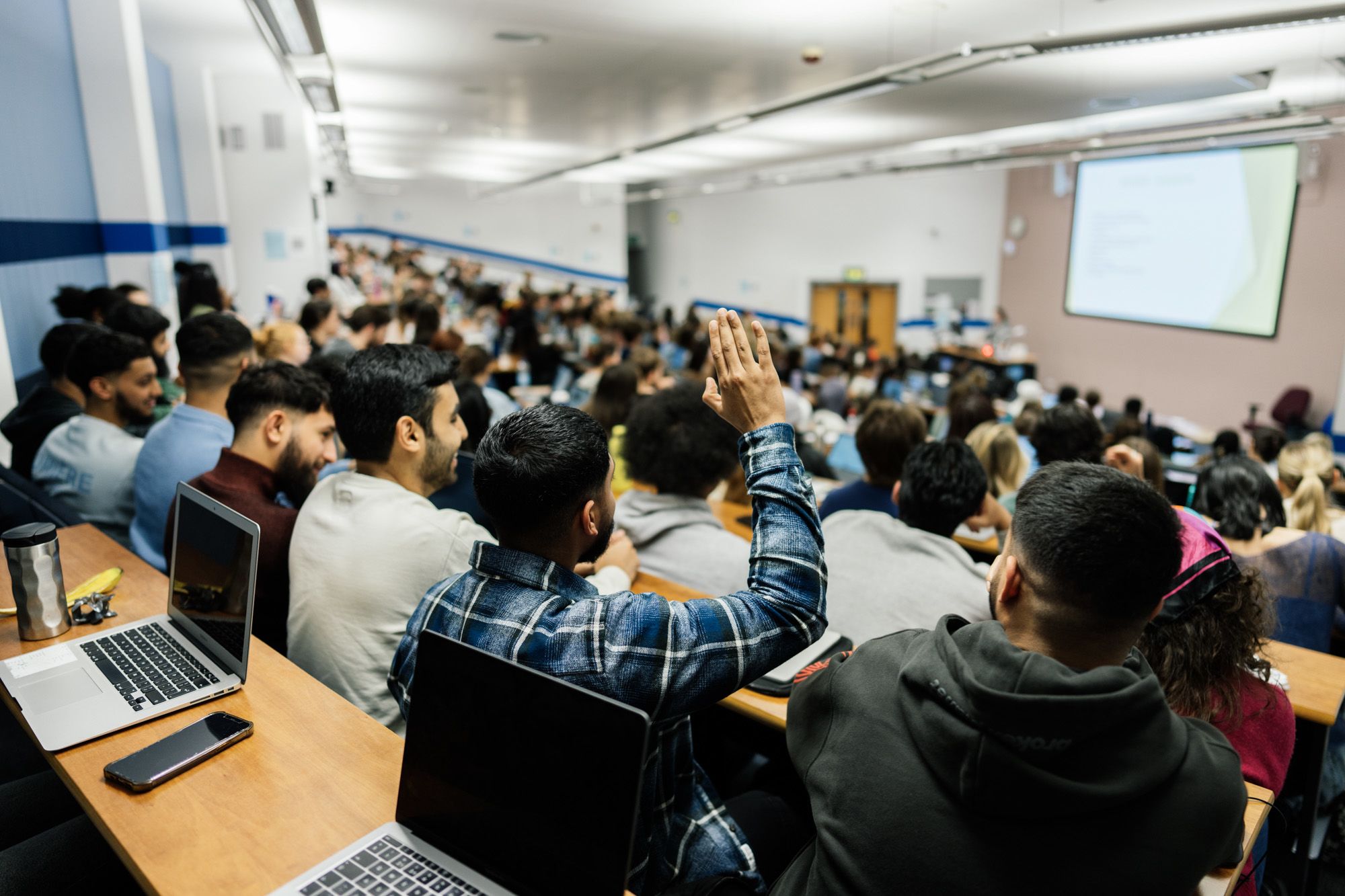
We are one of the top 100 universities in the world, and among the top 15 in Europe (QS World and European Rankings, 2025), and part of the Russell Group of leading UK universities. Leeds has also been recognised as one of the world’s most impactful universities, ranked 52 in the world (Times Higher Education University Impact rankings, 2024).
Further information
- Read more about Research and Innovation at the School of Dentistry
- Visit the School of Dentistry website
Key contacts
- Email Ruth Kayman (Research and Innovation Manager): R.B.Kayman@leeds.ac.uk
- Email Julie McDermott (Research and Innovation Operations Manager): J.K.McDermott@leeds.ac.uk
Address
School of Dentistry
Worsley Building
Clarendon Way
Leeds
LS2 9LU


